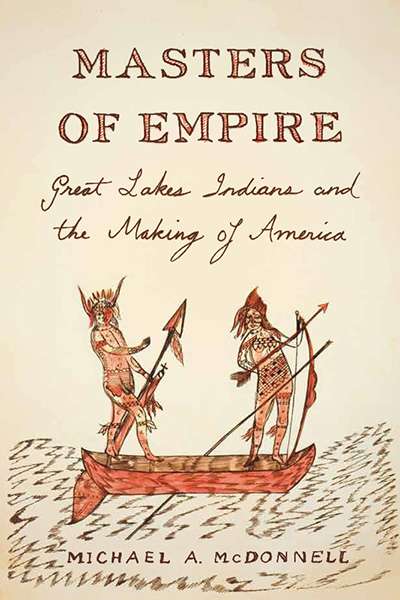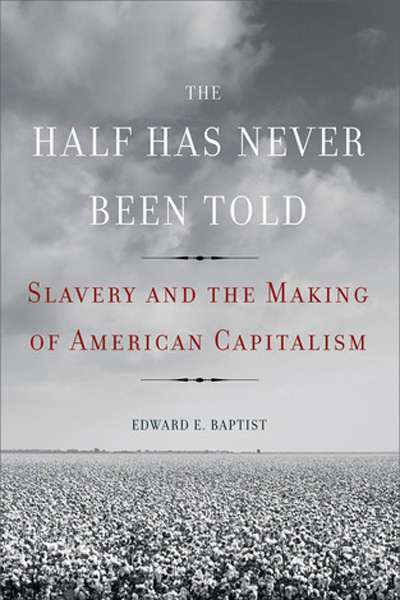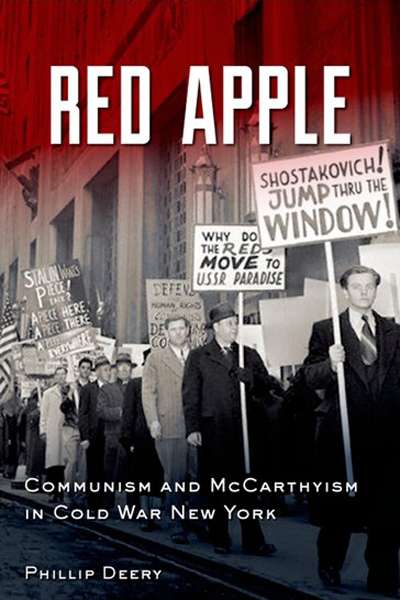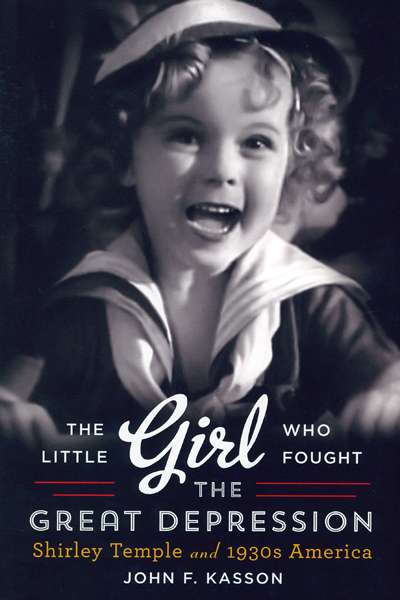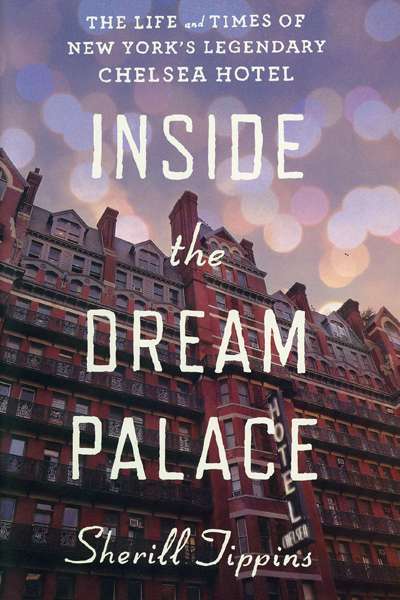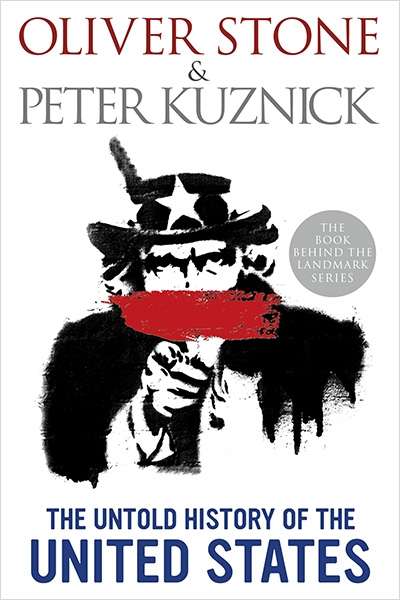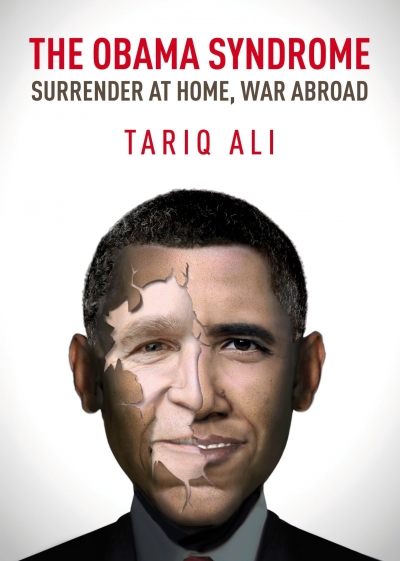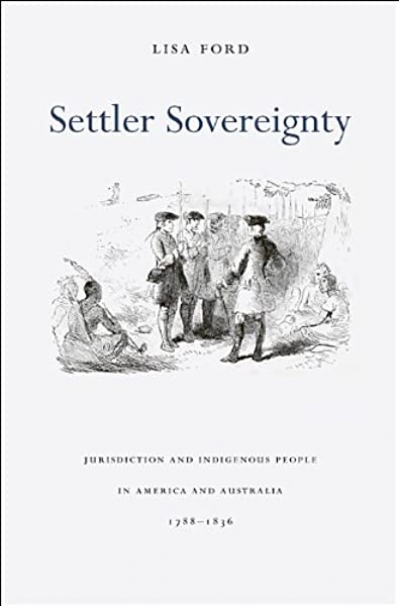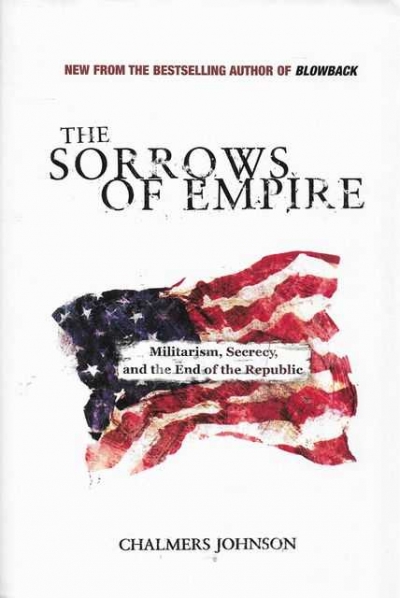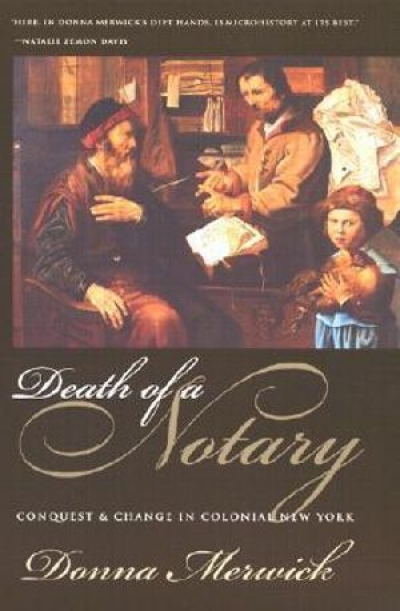US History
Masters of Empire: Great Lakes Indians and the Making of America by Michael A. McDonnell
by Glenn Moore •
The Half Has Never Been Told: Slavery and the making of American capitalism by Edward E. Baptist
by Glenn Moore •
Red Apple: Communism and Mccarthyism in Cold War New York by Phillip Deery
by Sheila Fitzpatrick •
The Little Girl who Fought the Great Depression: Shirley Temple and 1930s America by John F. Kasson
by Desley Deacon •
Inside the Dream Palace: The life and times of New York's legendary Chelsea hotel by Sherill Tippins
by Ian Dickson •
The Untold History of the United States by Oliver Stone and Peter Kuznick
by Alison Broinowski •
The Obama Syndrome: Surrender at Home, War Abroad by Tariq Ali
by Dennis Altman •
Settler Sovereignty: Jurisdiction and indigenous people in America and Australia, 1788–1836 by Lisa Ford
by Henry Reynolds •
The Sorrows of Empire: Militarism, secrecy, and the end of the republic by Chalmers Johnson
by Dennis Altman •
Death of a Notary: Conquest and change in colonial New York by Donna Merwick
by Peter McPhee •

